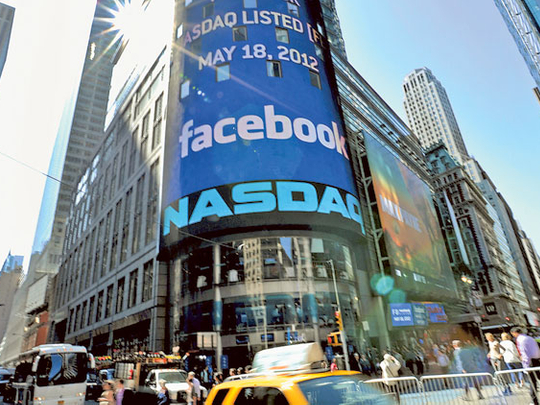
Los Angeles: In light of Zynga’s bad miss, Wall Street analysts said that the lack of forecasts sapped investor confidence.
“The entire social media space may seem like a disaster, but it’s perhaps that public markets have yet to see the right stocks. Firms like Groupon, Facebook, and Zynga require very aggressive user acquisition and the Average Revenue Per User is much lower,” said Steve Place, a founder of options analytics firm investingwithoptions.com.
“However, if we look into different verticals of the social media space there are some decent ideas.”
He cited real-estate site Zillow Inc, now almost double its IPO price.
But on Sand Hill Road, the mood these days is decidedly more subdued, a focus on returning to fundamental value.
“We’ll see more discipline on private investments,” with more focus on the sustainability of any competitive advantage a company has, said Roelof Botha, a partner at Sequoia Capital.
“There are private companies that we are investors in that have underlying defensibility and business models for which you do want to stretch on valuation,” Botha added.
At Bay Partners in Palo Alto, partners have already noticed a certain dialing-back of the swagger with which some entrepreneurs walk into their office.
“I feel a little bit of humility, a little bit of reality creep in,” said partner Salil Deshpande, whose investments include Buddy Media, which was sold to Salesforce.com for $689 million (Dh2.5 billion) earlier this year. Early-stage entrepreneurs who a few months ago might have argued their nascent companies were worth $5 million might today accept a valuation of $1 million, he said.
Mayfield’s Chang expects a hit to companies with what he calls “lumpy” business models — less predictable, consumer-oriented businesses that rely on advertising and virtual goods, like Facebook and Zynga. Those businesses, he says, are reliant on their popularity with the public, a fickle group.
“The scariest is easy-come, easy-go revenue, kind of like Groupon,” he said. “It can ramp up quick, but disappear quickly too.”












